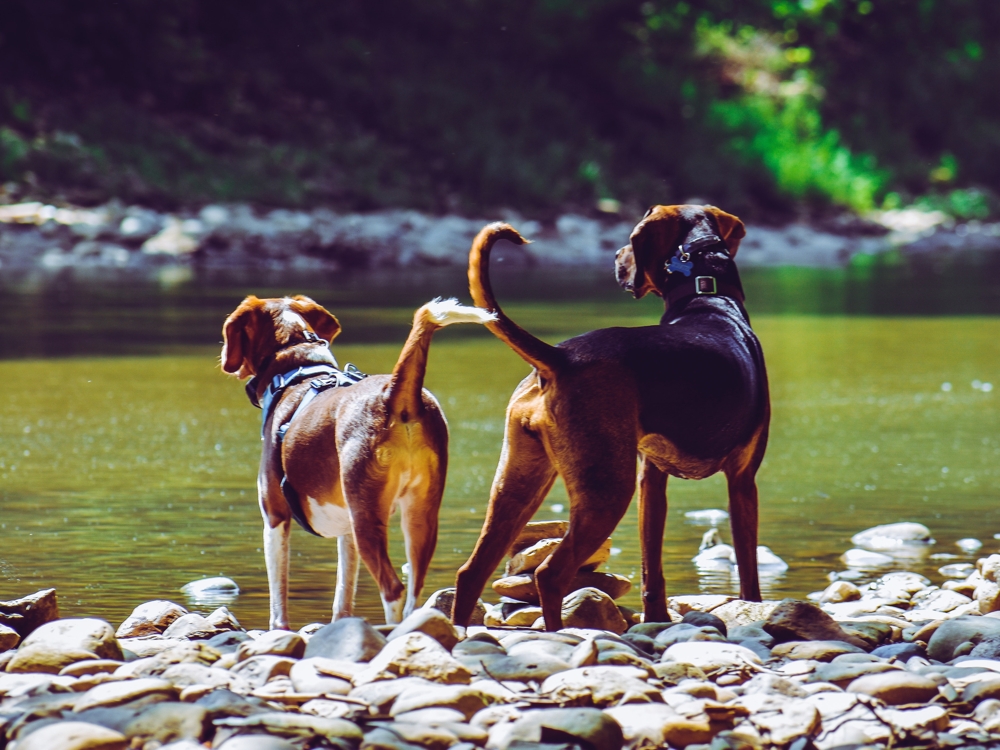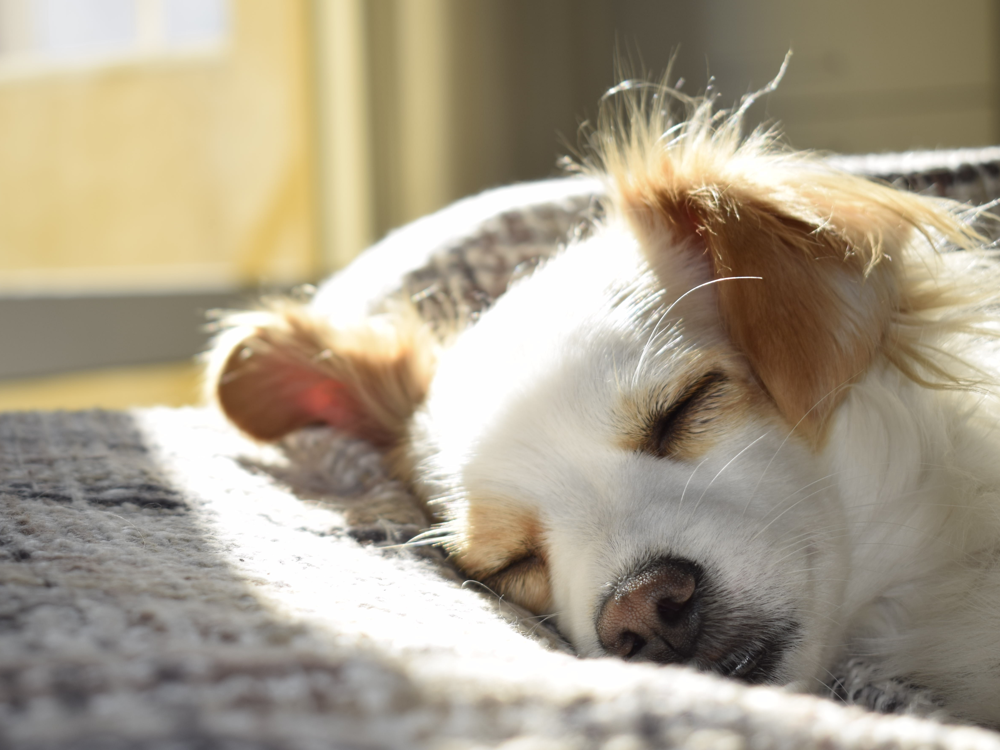What Do I Do if My Puppy Doesn’t Want to Eat?
Share
[Sassy_Social_Share]A new puppy not eating is worrying. Puppies should have great appetites for everything – food, play, snuggles and sleep. But before you make a panicked call to the vet, it is helpful to look at what exactly is going on. The problem could be anything from simply overfeeding your pup or the pup adjusting to his new life or it could be a serious illness. Looking at the big picture should help clarify what is going on and what you can do to ensure your new arrival is happy and healthy.
For starters, when you first collect your puppy from the breeder or rescue, it is important to ask about his diet there. When did he wean from his mother? What food is he eating? How much and how often does he eat? Your pup should be well established on a wholesome, quality brand of food when you take him home. Puppies generally transition from their mother’s milk to puppy food between four to eight weeks of age. Their teeth come in around six weeks. If your pup is still cutting teeth, that could make hard kibble painful to eat. Check his mouth to see if he has all or most of his teeth in.

Responsible breeders will not sell a pup younger than eight weeks. Some prefer to wait until ten or 12 weeks of age. The pup’s long term health and social development depends on having this time with the mother and litter mates. She doesn’t just nurse her pups; she licks them not only to clean them but to stimulate a variety of bodily functions. She also teaches them basic manners. A pup who is removed from his mother before eight weeks of age might eat poorly because he is not fully weaned or simply in mild shock at being removed too soon. If the new puppy not eating well is younger than eight weeks of age, talk to your vet urgently about how best to feed him. He is very vulnerable still.
Looking at the Big Picture

Your pup’s overall health matters more than the feeding guidelines on a bag. Some pups will eat a bit less than the guidelines recommend, while others want more. Is your puppy alert and playful? Is his coat shiny? Is he growing well? If you can answer yes to all of those and your pup is eating, just eating less than the recommendations on the food bag, he is probably just fine. You should mention it at his next visit to the vet, but it is not an emergency.
If, however, your puppy seems tired a lot and is not playful or is not growing, it is better to call your vet sooner rather than later. If your new puppy is not eating anything at all for more than a day, you need to talk to your vet urgently. A droopy tail, lack of interest in playing, not drinking water, excessive sleep, significant hair loss and frequent crying even when people are nearby are not normal. Vomiting and diarrhoea are also signs you need to call the vet. Young puppies can be very fragile when it comes to disease. Their immunity is still developing while they are getting their booster shots. Several very serious diseases could be the problem.
That said, more often a new puppy not eating is simply not hungry at meal times. Remember, dogs are extremely social creatures and while they are delighted to join your ‘pack’, they will also miss their mother and litter mates at first.
Common Reasons for a New Puppy Not Eating
If your new pup is over eight weeks of age and is not eating well, double check to see if you are overfeeding him. Weigh him carefully, and check the feeding guidelines for his brand of food. Different foods will have different guidelines, and it is important to follow the guidelines for the type of food you are using. Feeding him too frequently can also be a problem. If he is not interested in his food when you serve it, give him ten minutes then take it away and try again in half an hour.
Many owners transition their new puppy to a different brand of food once he is home with them. It is important to do this gradually. An abrupt switch could put the pup off his food or upset his stomach. This switch should take weeks, not days.
Puppies are full of mischief and love to play. If your household is busy, they might simply be distracted during their meals. We often feed our dogs in the kitchen, which is a very busy part of the house for most families. Try making sure that the room where your pup eats is quiet and free of distractions. Some pups, however, can have a little separation anxiety and will eat better if one calm person is nearby. Dogs are also very aware of hierarchy. Some dogs, particularly young dogs, won’t eat if a person or other dog they perceive as outranking them is in the room.
What to Do about New Puppy Not Eating?
If your puppy is healthy and growing, you really do not have to do much if anything if he is eating less than you expected he would. You can try a few changes to see if they have any effect, but it might be that your dog simply eats less than average.
- Put food down and if it isn’t eaten in 15 minutes, remove it and try again in half an hour.
- Ensure your puppy has a calm quiet place to eat undistracted.
- Don’t feed him table scraps and only use treats for training him, not as snacks.
- Space feedings further apart.
- Feed your new pup away from other dogs in the household.
- Don’t feed your dog when people are eating nearby. He might reject his own food hoping for yours.
- Have some play time or a walk before meals.
If your pup is eating treats and begging for your food while rejecting his own, he might simply not like what you are feeding him. Like children, puppies can be fussy with food. See if he eat a little of a different brand or flavour. If he does, begin a slow, gradual change of his food. It’s important that he eats well to grow well. Make sure the food you choose is made with wholesome, natural ingredients.





